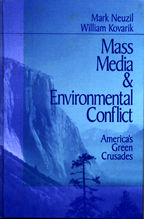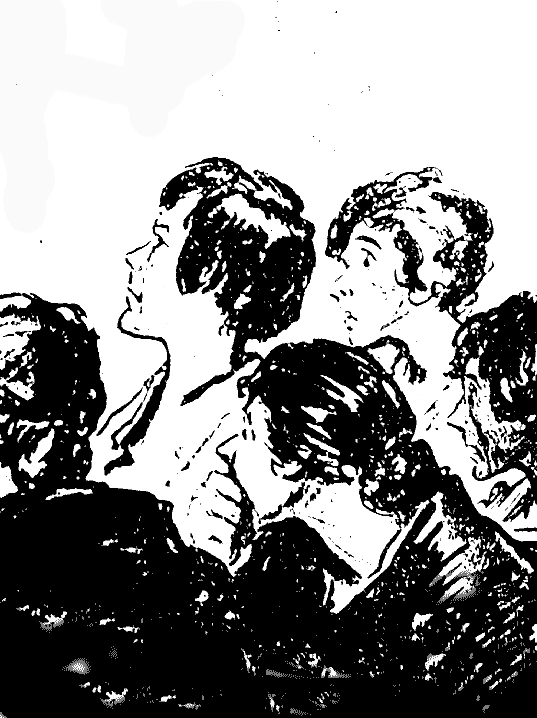By Bill Kovarik
Years ago, when I worked as a reporter at the Charleston SC News & Courier, I would often look out over the bay and think about Joseph Pulitzer. 
Out there, where the muddy Cooper River met the great blue Atlantic, Pulitzer died 100 years ago this week ( Oct. 29, 1911).
He was hidden away on his yacht, as usual, suffering from an extreme hyper-sensitivity to sound. According to biographers, even the sound of a person’s voice was painful, and his last words were to ask that an assistant reading to him speak more softly.
Pulitzer’s sickness is astonishing — for a journalist, at least. Most editors and many reporters have the opposite problem. Their lack of sensitivity, in both physical and moral terms, approaches outright deafness.
Back in the 1980s, the Charleston newsroom was a high-volume marketplace of small ideas, filled with hoarse shouting and clattering typewriters. Reporters yelled into telephones and editors bellowed commands at subordinates.
Along with the sound of two hundred typewriters clattering all at once, the din was worse than the factory floor of an iron foundry.
They were likeable enough as people, but as servants of the public interest, they were thick skinned, priggish, bull-headed and downright dangerous in their insensitivity.
True story: One day I was assigned to cover a civil rights demonstration only a few blocks away from Charleston’s old harbor. Don’t write about what the demonstrators say, Mac, the managing editor, told me. Just write about any violence that might take place. But when I arrived and took stock of a peaceful but angry crowd , police chief Rubin Greenberg said he was glad to see me: “The more you do your job,” he said, poking a finger at me, “the less I have to do mine.”
Of course I wrote the story, even though there was no violence, because I thought everyone deserved to be heard in a democracy and because I thought the police chief was right. And, as I tell journalism students, my loyalty was to a sense of professional ethics rather than to my job. Anyway, the story never ran in the paper. The editors said they wouldn’t dignify the ranting of civil rights demonstrators. And frankly, my dear, they didn’t give a damn what the police chief thought or said. (Fortunately, the New York Times covered the story, as they always did when Southern newspapers refused a civil rights story).
Not long after that, I found myself on the shores of Charleston Bay with Neil Frank, the no-nonsense crew-cut director of the National Hurricane Center. He showed me a terrifying hurricane map. It had a timetable of how quickly roads from the barrier islands would close up if a Category 5 killer hurricane hit Charleston at high tide, with roads flooding over much sooner than people expected. What Frank wanted was a very strong warning on the front page of the daily newspaper.
But when I got back to the newsroom, the editors were horrified. They asked: Are you trying to scare people? The story, watered down considerably, ran with the Category 3 map. The message? Plenty of time, no need to panic, folks. Frank was furious.
I wondered what Pulitzer would have thought. Did people object that he was trying to scare readers with stories about typhoid and cholera in the slums of New York? Was he trying to frighten people when he wrote about the bribery and corruption in government?
Pulitzer’s brand of responsible journalism almost always meant having to push the edges of what people find comfortable. Pulitzer himself didn’t live up to his ideals all the time, but he knew when he had fallen short, and wasn’t afraid to admit it.
That’s quite a contrast with Charleston’s style of mush and milk journalism, makeovers of the month, and celebrity crime escapades that are so much more comfortable for a dying newspaper medium.
And so it always seemed to me that Charleston was the perfect place for Pulitzer to die, because that was where a proud tradition of responsible journalism had passed with the changing of the tides.

 Revolutions in Communication
Revolutions in Communication Mass Media & Environmental Conflict
Mass Media & Environmental Conflict